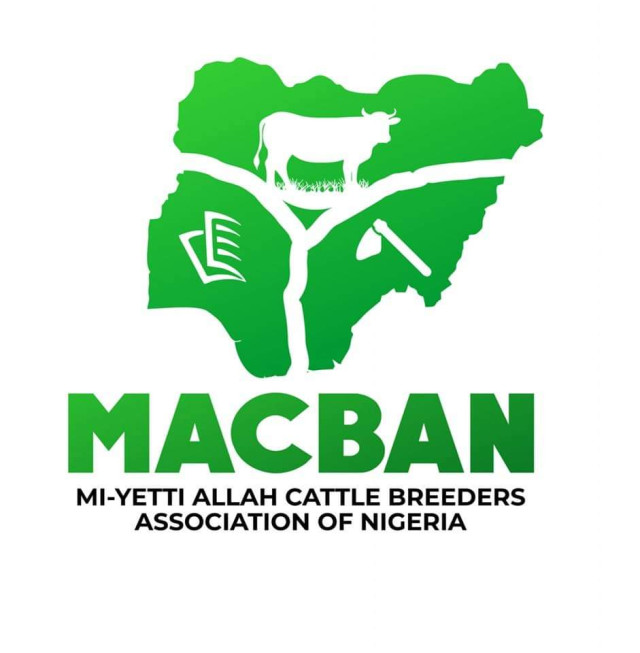The Miyetti Allah Cattle Breeders Association of Nigeria (MACBAN) has declared on Sunday that Nigeria earns about $1.2bn annually through the export of hides and skin from the livestock sector.
MACBAN, an advocacy group centred on promoting the welfare of pastoralists in Nigeria, said the country’s livestock sector is currently valued at over N33tn, adding that with the envisaged new investments, it is estimated to grow to over N75tn in a few years.
The association’s President, Othman Ngelzarma, who disclosed this at a press briefing in Abuja, welcomed the creation of a new Ministry of Livestock Development and refuted claims that the initiative was an attempt to take other people’s land by force to resettle pastoralists.
President Bola Tinubu approved the creation of a new Ministry of Livestock Development on July 9, 2024.
He also inaugurated the Renewed Hope livestock reform implementation committee.
The committee was mandated to provide sector-focused solutions to the age-long farmers-herders crisis.
At the press briefing in Abuja on Sunday, Ngelzarma said, “We welcome the creation of this very important ministry that contributes 10 per cent of Gross Domestic Product to Nigeria’s non-oil sector and 30 per cent of agricultural GDP. We salute the President for creating a ministry for an industry that employs over 20 million Nigerians.”
Commenting on the income generation of the sector, the MACBAN president said, “For instance, the Sokoto red skin goat leather is the most valuable and expensive in the world, the Gucci and Armani bags are a good testament to this.
He stated that like the newly created blue economy, a renewed livestock production system would save Nigeria billions of dollars in foreign exchange from the importation of powdered milk and other livestock products.
MACBAN, however, expressed disappointment by the comments of some persons in several interviews granted in the media insinuating that the livestock ministry is a Fulani thing and also an attempt to take other people’s land by force to resettle pastoralists.




















